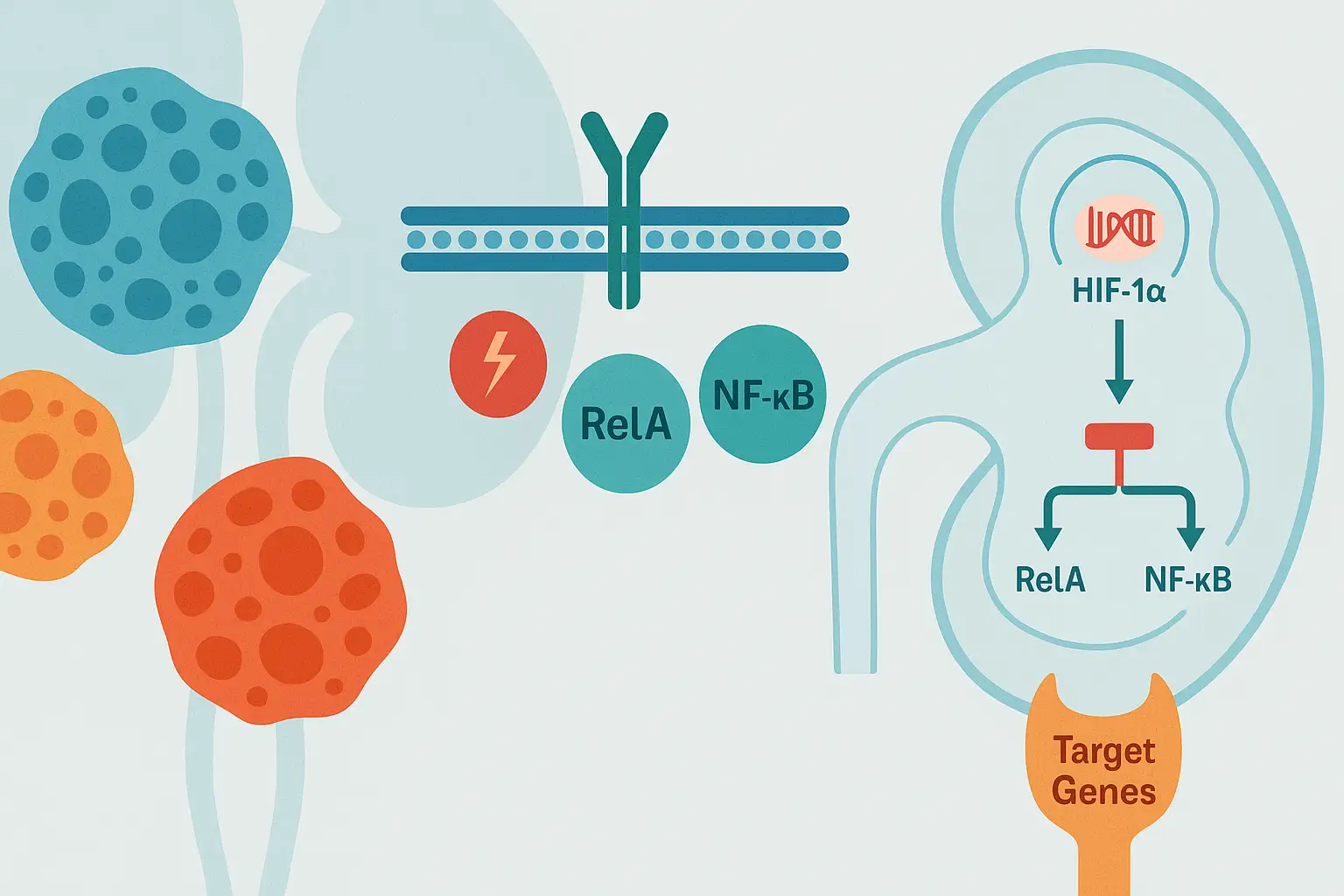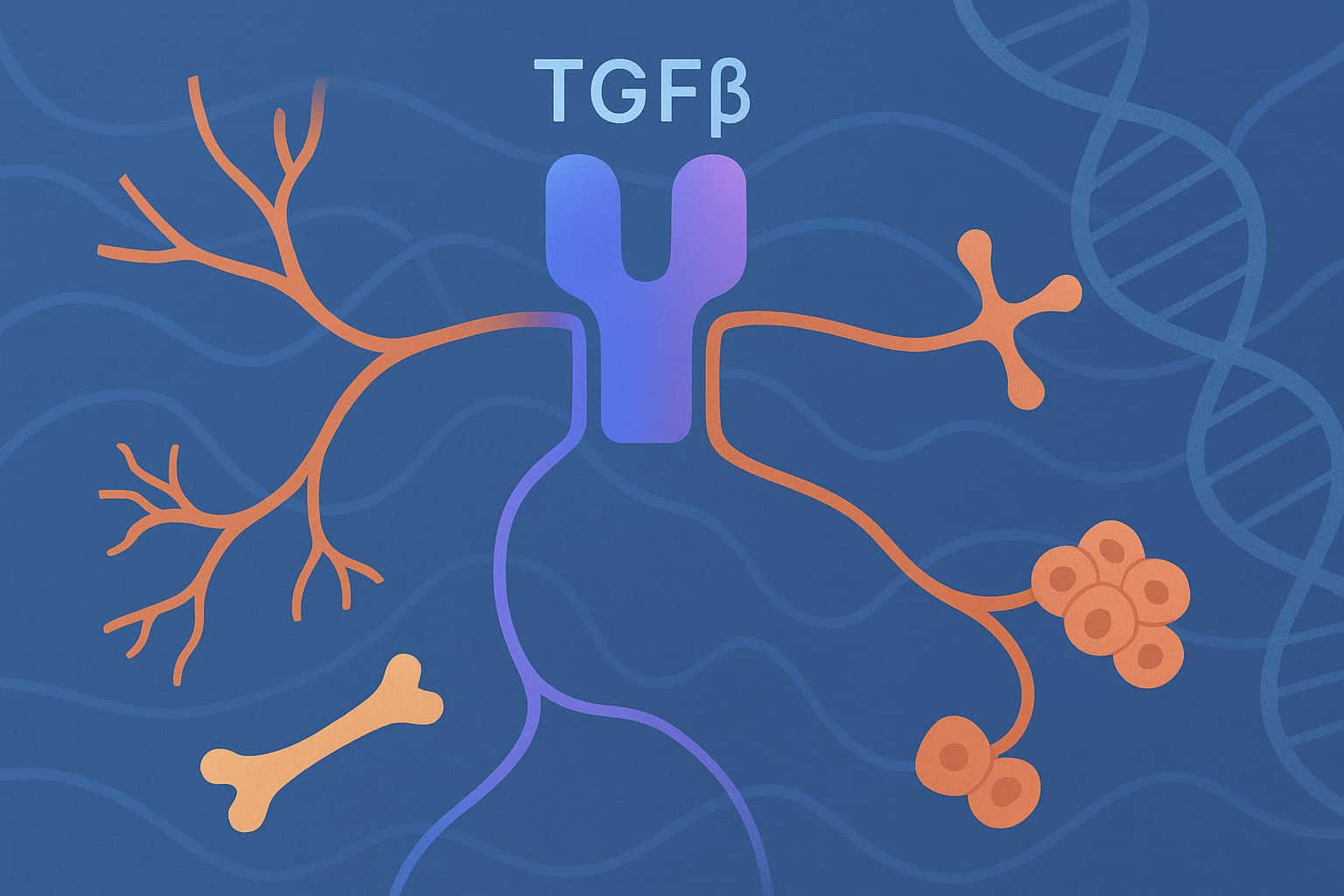
Rule-Based Screening Enhances Early Detection of Pompe Disease in UAE Infants
🧠 Introduction
Timely diagnosis of rare genetic disorders can mean the difference between life and death—especially in infants. APMAD researchers, in collaboration with SEHA, have developed a novel rule-based screening tool to identify cases of Infantile-Onset Pompe Disease (IOPD) using electronic health records (EHRs). This approach promises to accelerate diagnosis and treatment, improving outcomes for affected children across the UAE.
🔍 Research Summary
Pompe disease is a rare metabolic disorder caused by a deficiency of the enzyme acid alpha-glucosidase, leading to the accumulation of glycogen in muscles and the heart. IOPD, its most severe form, manifests in infancy and can be fatal if untreated. However, the rarity of the disease and the overlap of symptoms with other conditions often result in delayed diagnosis.
This study, conducted by researchers using the SEHA healthcare network database, analyzed 93,365 EHRs and applied a rule-based expert system to flag high-risk cases based on age, clinical symptoms, and creatine kinase (CK) levels. The system accurately identified five true-positive IOPD cases, one false negative, and four false positives, all of which had overlapping clinical presentations with other rare disorders such as mitochondrial syndromes and congenital heart disease.
The false negative occurred in a patient with both IOPD and congenital heart disease, whose CK levels were not measured—highlighting an important area for clinical protocol improvement. The screening tool is integrated with a dashboard for data visualization and clinical decision support, enabling healthcare providers to act swiftly on potential cases.
🌍 Broader Impact
This research aligns with APMAD’s mission to harness data-driven tools and precision medicine to reduce the burden of non-communicable and rare diseases. By operationalizing expert knowledge within a digital screening platform, the study demonstrates a real-world application of biomedical data analytics in rare disease detection.
It also reflects the strategic collaboration between APMAD, SEHA, and the Department of Health – Abu Dhabi, as part of a broader push to position the UAE as a regional leader in biotechnology and life sciences. Future directions include exploring machine learning to further refine screening accuracy and adapt to evolving clinical datasets.
📎 Reference
@article{Rustamov2024,
title = {An expert rule-based approach for identifying infantile-onset Pompe disease patients using retrospective electronic health records},
journal = {Scientific Reports},
volume = {14},
number = {1},
year = {2024},
issn = {2045-2322},
doi = {https://doi.org/10.1038/s41598-024-72259-5},
url = {https://www.nature.com/articles/s41598-024-72259-5},
author = {Rustamov, Jaloliddin and Rustamov, Zahiriddin and Mohamad, Mohd Saberi and Zaki, Nazar and Al Tenaiji, Amal and Al Harbi, Mariam and Al Jasmi, Fatma}
}






Leave a Reply